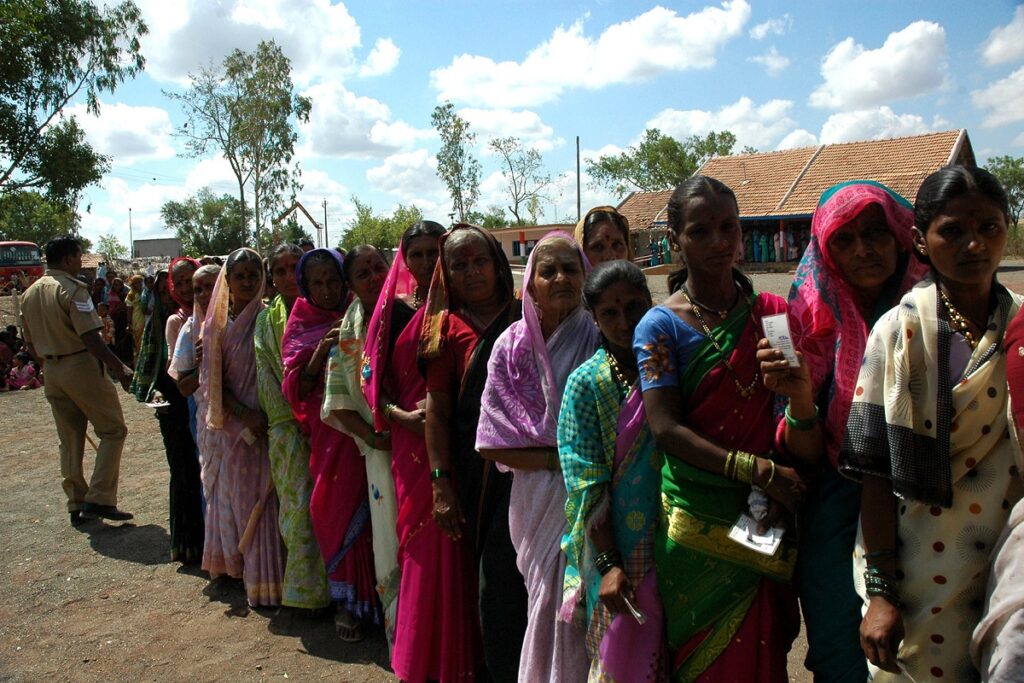India grapples with scorching temperatures as the country navigates through its General Elections 2024. The summer months have brought unprecedented heatwaves, particularly affecting eastern and peninsular regions. These conditions pose significant challenges as millions exercise their voting rights over a two-and-a-half-month electoral process.
Record-Breaking Heat
Global temperature records continue to be shattered, with the past 10 months ranking as the hottest on record. India, too, bears the brunt of this trend, with temperatures soaring between 42–47 degrees Celsius in various parts of the country. April alone witnessed prolonged heatwaves, resulting in casualties and numerous health issues, especially in Kerala and Odisha.
Climate Change Amplifies the Heat
The India Meteorological Department (IMD) predicts a doubling of average heatwave days during April-June, exacerbating the situation. Climate change fingerprints are evident, with rising temperatures influenced by factors such as the absence of pre-monsoon rain and the lingering effects of El Niño.
El Niño and Global Warming: A Deadly Combination
El Niño events, coupled with global warming, intensify extreme weather phenomena, leading to widespread droughts, wildfires, and floods. The super El Niño of 2023 underscored the severity of this combination, amplifying heatwaves and disrupting ecosystems globally.
Electoral Shifts Amid Climate Crisis?
As temperatures continue to rise, questions arise about the feasibility of holding elections during extreme weather conditions. While the Election Commission of India (ECI) has taken steps to mitigate heatwave impacts, experts advocate for considering alternative election dates to align with more favorable weather conditions.
Integrating Climate Impacts in Policy
The escalating heatwave crisis underscores the urgent need to integrate climate considerations into policymaking. The IPCC’s Sixth Assessment Report emphasizes the role of human-induced climate change in exacerbating heatwaves, calling for proactive measures to mitigate their impacts.
Looking Ahead
As India confronts the dual challenges of climate change and electoral processes, proactive measures and collaborative efforts are essential. From adjusting election schedules to prioritizing climate-resilient policies, addressing the climate crisis must remain at the forefront of national priorities.
India’s ongoing heatwave underscores the urgency of addressing climate change impacts on electoral processes and public health. With record-breaking temperatures becoming the new norm, concerted efforts are needed to adapt to changing climate realities and safeguard democratic processes.

